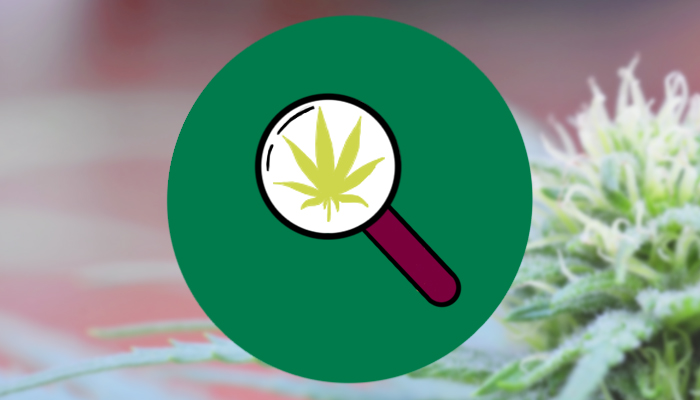Can CBD help people who are trying to stop using heroin?

Why was this study conducted? What does this study add? Is there anything else I should know? Hurd YL, Sprigss S, Alishayev J, Winkel G, Gurgov K, Kudrich C, Oprescu AN, Salsitz E. Cannabidiol for the reduction of cue-induced craving and anxiety in drug-abstinent individuals with heroin use disorder: A double-blind randomized placebo-controlled trial. Am J Psychiatry 2019;176:9110922
Hurd YL, Sprigss S, Alishayev J, Winkel G, Gurgov K, Kudrich C, Oprescu AN, Salsitz E. Cannabidiol for the reduction of cue-induced craving and anxiety in drug-abstinent individuals with heroin use disorder: A double-blind randomized placebo-controlled trial. Am J Psychiatry 2019;176:9110922. (full article)
Errata (Am J Psychiatry 2020: 177(7);641) for Table S4 in data supplement, corrected online June 9, 2020.
Why was this research conducted?
The number of medications available to manage opioid addiction is limited and, for a number of reasons, underutilized. If cannabidiol (CBD) could be shown to reduce the craving and anxiety associated with opioid addiction, it could become a useful tool in promoting abstinence and preventing relapse.
What do these articles add?
A double-blind, placebo-controlled randomized clinical trial was conducted with 42 American adults (21 to 65 years of age) who had been heroin users for a mean of 13.2 (8.4) years but were currently abstinent for up to 3 months (64.3% for <1 month). The ten-day study compared self-reported cue-induced and out-of-clinic craving and anxiety, as well as secondary outcomes (positive and negative affect scores, cognitive performance, and physiological measures), in response to 3 administrations of 400 or 800 mg CBD or a placebo. Both cravings and anxiety scores were greater when participants were exposed to drug-specific rather than neutral cues and were significantly reduced by either dose of CBD but not placebo, both acutely (after the first dose) and up to a week after its third and last administration. As well, CBD reduced drug-cue-induced physiological measures of heart rate and salivary cortisol levels. No serious adverse effects, including effects on cognition, were observed.
Is there anything else I should know?
The study was relatively short-term (10 days) and had only a modest (n=42) sample population of people who had recently became opioid abstinent. Although the results from in-session assessments were encouraging, the effect of CBD on cue-induced craving was not observed when the participants completed at-home, general craving self-assessments. Longer studies are needed to assess not only the potential of CBD on relapse prevention, but the longer-term impact on cognition.
Cannabis News, Latest, Research - Addictions and Mental Health